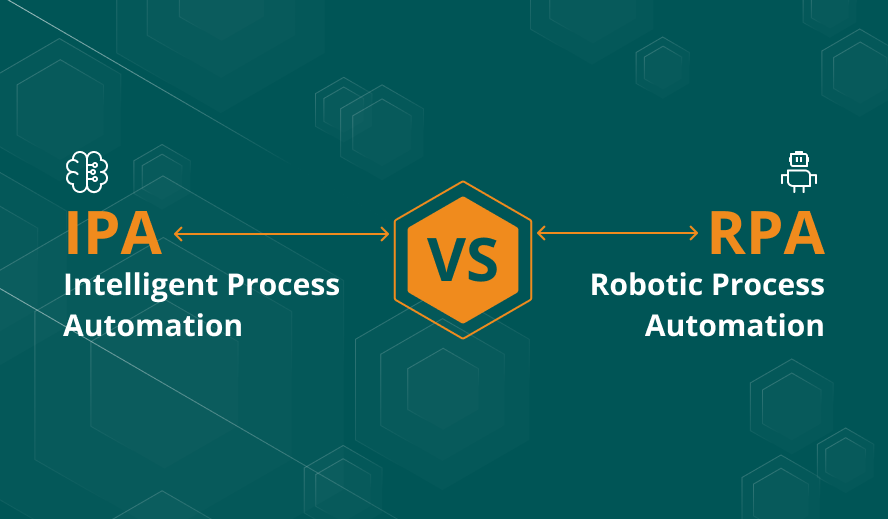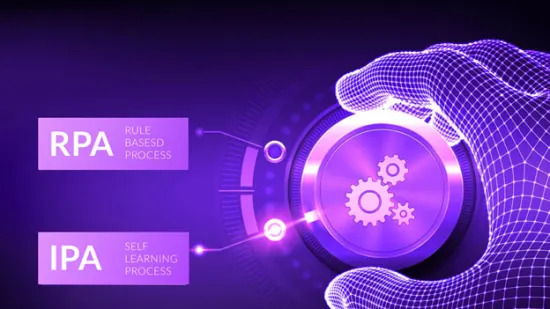Whether it’s RPA or IPA, both have their pros and cons. In this blog, you get a breakdown of each software program to decide which one is right for your company.
What is RPA?
RPA stands for “Remote Process Automation.” In short, it’s a technology that enables companies to outsource specific business processes, freeing up employees to do more valuable work.
IPA stands for “Intelligent Process Automation.” IPA is the next step up from RPA, and it provides even greater automation capabilities and flexibility. Here are some of the key advantages of using IPA:
Faster process automation: With IPA, you can automate faster and more accurately than with RPA.
Greater flexibility and customization: You can configure IPA to work precisely as you need it without sacrificing accuracy or speed.
Improved security: Because IPA is automated, your data remains safe and secure – no human errors are possible..
Reduced costs: Because IPA automates more tasks and processes, it can reduce your overall costs and workloads.
What is The difference between Robotic Process Automation and Intelligent Process Automation?
Robotic Process Automation (RPA) is a process automation technology that uses robots to automate tasks. Intelligent Process Automation (IPA) is a broader term that can refer to process automation, including RPA.
Both technologies offer benefits for businesses. However, here are some key differences between the two:
- RPA is more focused on automating repeatable tasks and can be managed through a digital interface. IPA can automate any task, but it focuses on automating complex, non-repetitive processes.
- RPA typically requires less training than IPA, but it can be less accurate and efficient in certain cases. IPA requires more training but can be more accurate and efficient in specific cases.
- RPA typically runs faster than IPA, but it can also be less reliable in certain cases. IPA is typically less reliable but can run faster in certain cases.

How to Choose the Perfect Solution?
When it comes to automating business processes, there are two main options: RPA ( Robot Process Automation ) and IPA ( Intelligent Process Automation ). But which one is the right solution for your business? Here’s a quick overview of each approach.
RPA is a method of automating business processes through the use of robots. This is perfect if you need to carry out repetitive or simple tasks, as robots can work quickly and efficiently. However, RPA can be time-consuming and expensive to set up, so it’s not always suitable for large businesses.
On the other hand, IPA uses AI technology to automate business processes. This can be more effective than RPA because it can automate more complex tasks and identify potential problems before they happen. However, IPA can also be more expensive to set up and maintain than RPA, so it’s not suitable for all businesses.
Conclusion
As a business owner, you undoubtedly have many decisions to make. One of the most important is which type of application software to use. Today, we’re going to look at the pros and cons of both RPA (rapid response applications) and IPA (integrated public accounting). Both technologies have their strengths and weaknesses, so choosing the right one for your business is important.
Ultimately, it comes down to what you need your application software to do. If you only need basic features like invoicing and tracking inventory, and RPA solution might be ideal. However, an IPA solution might be better suited if you want more complex features like automating customer onboarding or managing financial statements. It all comes down to what your business needs and how much time and money you want to develop those capabilities yourself.




























